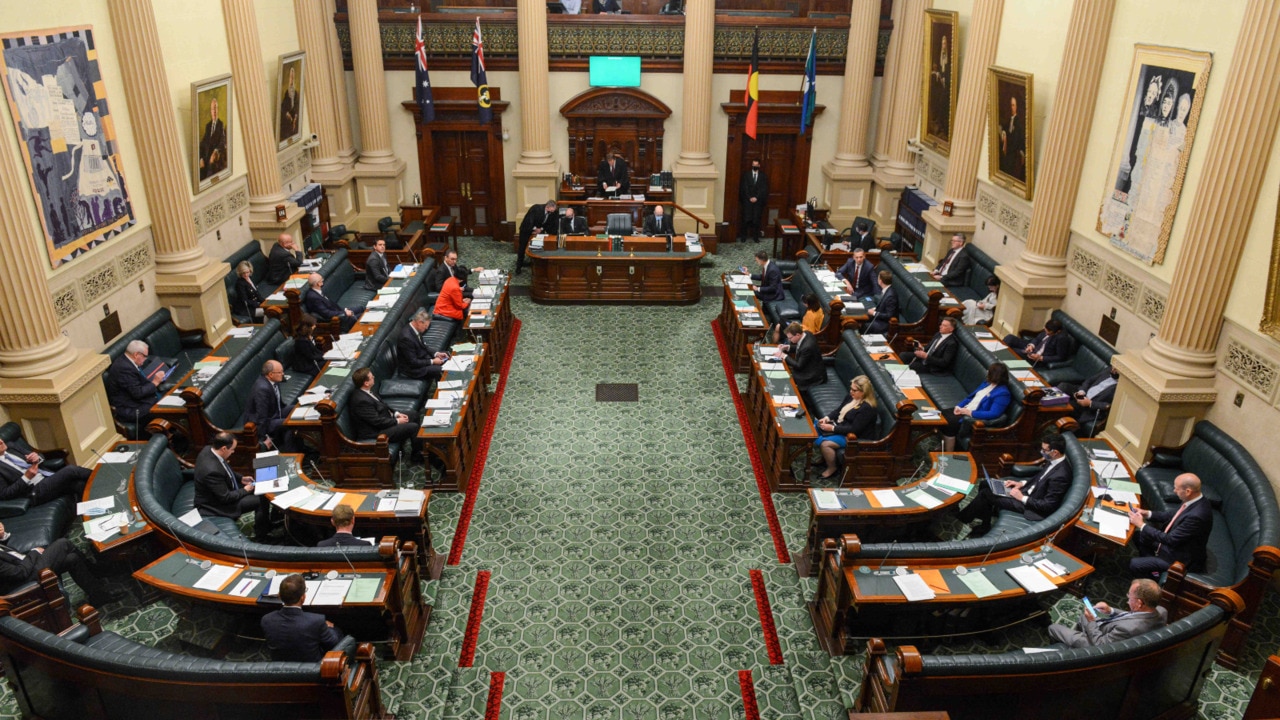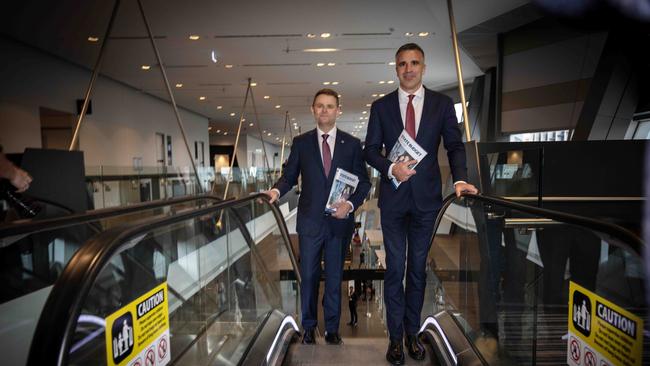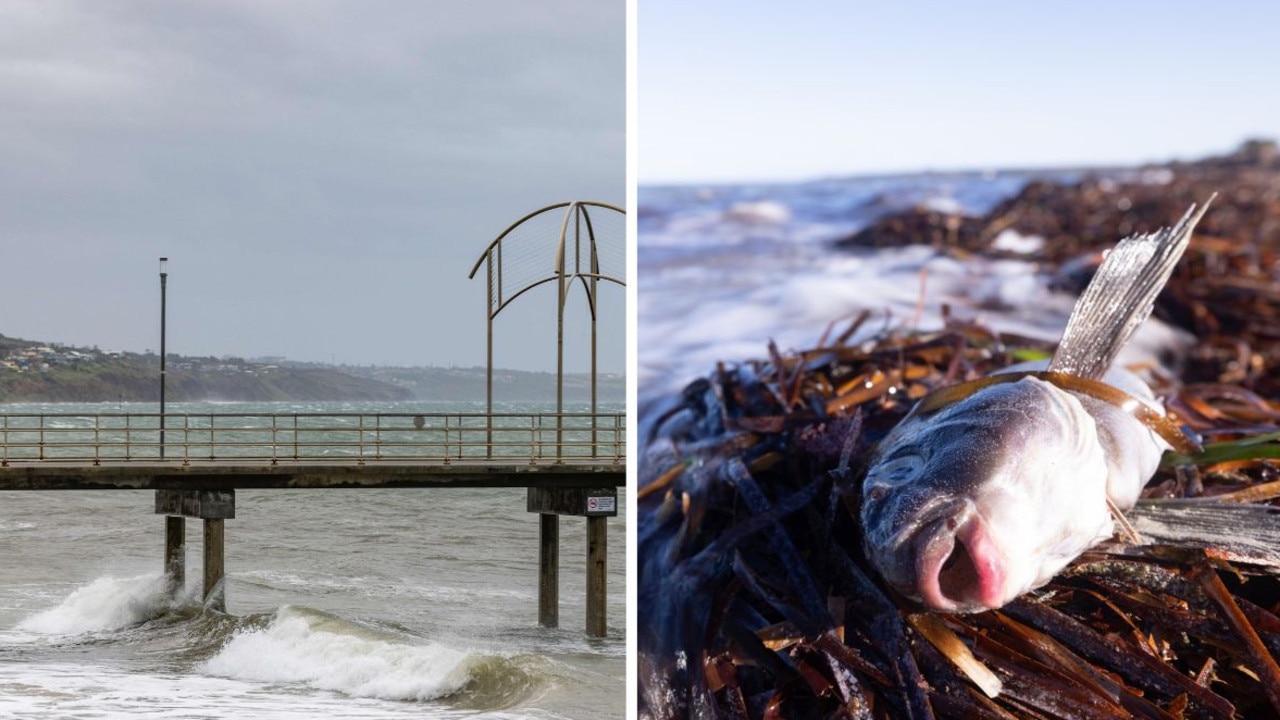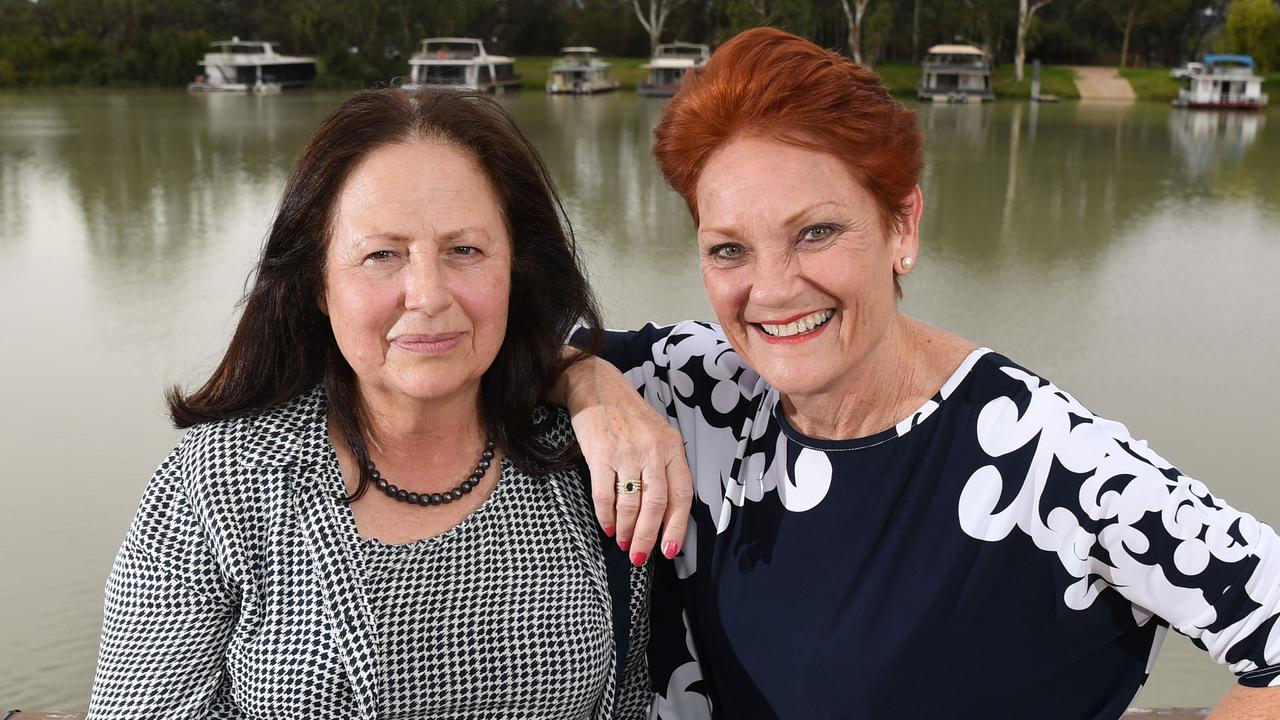Treasurer’s cost-of-living relief for those who ‘need help the most’
A package of almost half a billion dollars in cost-of-living relief is aimed at “those who need help most”. The Treasurer says it’s been targeted to minimise its impact on inflation.

SA News
Don't miss out on the headlines from SA News. Followed categories will be added to My News.
Selected households grappling with rising grocery, power, petrol and mortgage or rent bills will find some relief in the budget as the government faces what Premier Peter Malinauskas calls a “cost-of-living crisis”.
A $473.1m package includes $254.4m in energy bill reductions, jointly funded with the federal government, over two years.
More than 420,000 eligible households will receive rebates of up to $500 next financial year while 86,000 small businesses will receive rebates of up to $650.
Another $44m over five years will index existing concessions in line with inflation – payments in the coming financial year will be indexed by 8.64 per cent.
The increase will also apply to the energy concession, medical heating and cooling concession, water concession and sewerage concession.
The government says households eligible for such concessions and the ESL remission will benefit from up to $1547 in relief in 2023-24.
Carer payments will rise by 4.8 per cent and there will be an extra $50 per fortnight for general foster and kinship carers for each child or young person in their care aged under 16 as part of a $32.1m package.
Another $57.2m over four years will help non-government organisations deliver services to the community, on top of the $55m over four years announced in the 2022-23 mid-year budget review.

In addition the budget has:
■ $56.4m over five years to cut parking costs for metropolitan public hospital workers including cleaners and contractors to an average of $2.50 a day and provide them with free public transport;
■ $12.3m in the coming financial year to continue a $100 per child subsidy for the government school materials and services charge, affecting around 120,000 government school students;
■ $6.5m over four years to expand the school breakfast program delivering more than one million additional meals;
■ $4m over four years for food relief organisations including $2m for the largest, Foodbank, to help with increased demand;
■ $1m over two years for financial services counselling.
The asset sustainability levy payable by Outback residents will be abolished and the vast majority of CTP premiums will fall from July 1.
The cheapest premium will be $276.84, down $18.15, for metropolitan private passenger vehicles and down $8.57 for non-metropolitan passenger vehicles.
Treasurer Stephen Mullighan said relief would go to those “who need help the most.”
“The budget measures are designed to provide cost of living relief without adding to inflation,” he said.
“There is no point putting extra cash in the pockets of people if the RBA feels it needs to take it out the next month with interest rate hikes. That’s why the substantial package is carefully targeted.”




